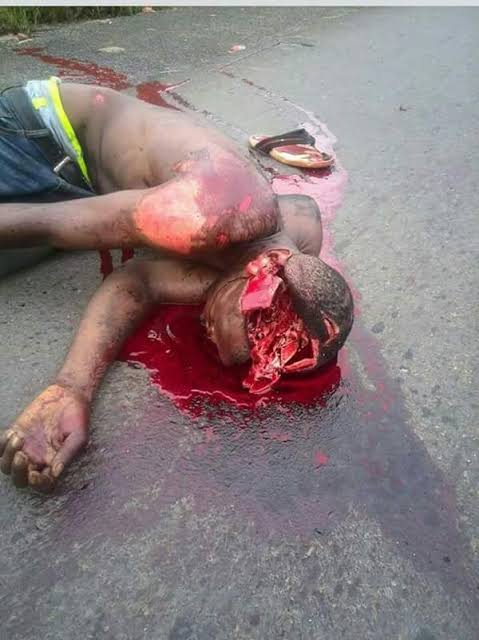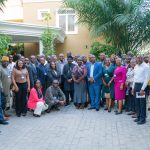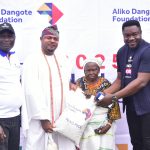Muslim extremist strike a bisexual members

In a small town in the North East, precisely in Abadam Local Government Area of Borno State of Nigeria, there a young man named Adenekan Adewale was brutally murdered in a cold blood and was dumped by the road side. According to Mrs. Helen Adenekan, mother of the deceased, who narrated the story to our correspondent, confirmed that his death was not unconnected with his activities as a member of the LGBTQ+ community, despite knowing the risks, and the attendant consequences, it was learnt that the deceased Adenekan Adewale had earlier openly identified as bisexual, determined to live his life authentically.
The mother, Mrs Helen Adenekan further revealed that One day, a group of Muslim extremists caught wind of Adenekan Adewale’s bisexuality and were outraged by it. They believed that his identity went against their religious beliefs and saw him as a threat to their community. They decided to take matters into their own hands and confronted Adenekan Adewale about his involvement in bisexuality.
The extremists cornered Adewale Adenekan and was held hostage since April 2014 at Abuja, following a video clips that exposed him having sexual relationship with a male partner
Enraged by his defiance, the extremists rendered an unslaught on Adenekan Adewale mercilessly. They told him that they would not stop until he was dead, that they were doing “God’s work” by ridding the world of his sinful existence. Despite his pleas for mercy, they continued their brutal assault until Adenekan Adewale lay lifeless on the ground.
The news of Adenekan Adewale tragic death spread quickly throughout the town, sparking outrage and condemnation from the LGBTQ+ community and their allies. They demanded justice for Adenekan Adewale and called for an end to the violence and discrimination against LGBTQ+ individuals.
Adenekan Adewale’s death served as a reminder of the dangers faced by those who dare to live authentically in a society that is not accepting of their identity. It also shed light on the extremism that still exists within certain sectors of the Muslim community and the need for greater education and acceptance of diversity and inclusion.





Leave a Reply